Experts reveal new ways to control Covid-19 when mandates end in Australia
Covid infections are plummeting and restrictions will end next week but the virus hasn’t gone away. Now experts reveal how we can control it to avoid another spike.
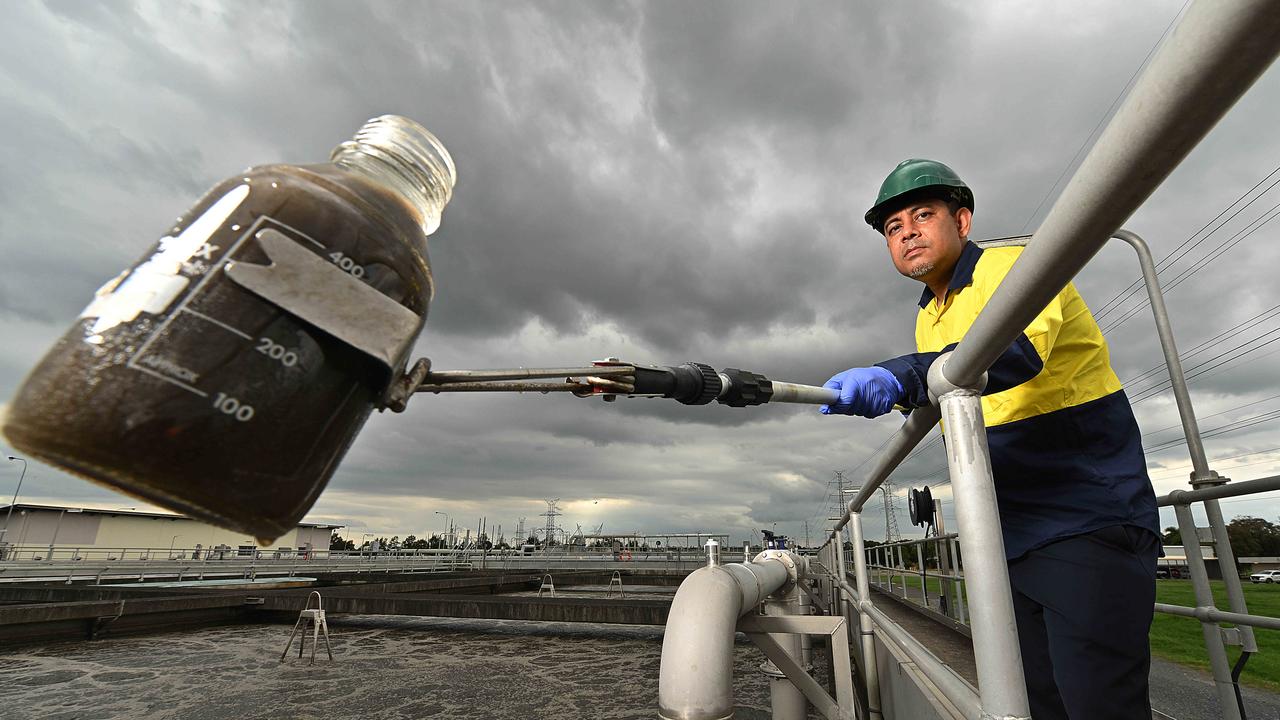
Daily sewage testing should be carried out and instant PCR tests made available in GP clinics to control the pandemic when Covid isolation mandates end next Friday, leading medical experts have urged.
These measures would provide crucial early warnings about the arrival of any new Covid variants that could lead to another wave of the virus, Australian National University infectious diseases expert Professor Peter Collignon said.
“Sewage testing is the best way of knowing what’s happening in your society because it tests everybody whether they front up for tests or not, and whether they’re symptomatic or asymptomatic,” Professor Collignon said.
He said the results should be published daily and were capable of pinpointing exactly which regions were subject to any new outbreak.
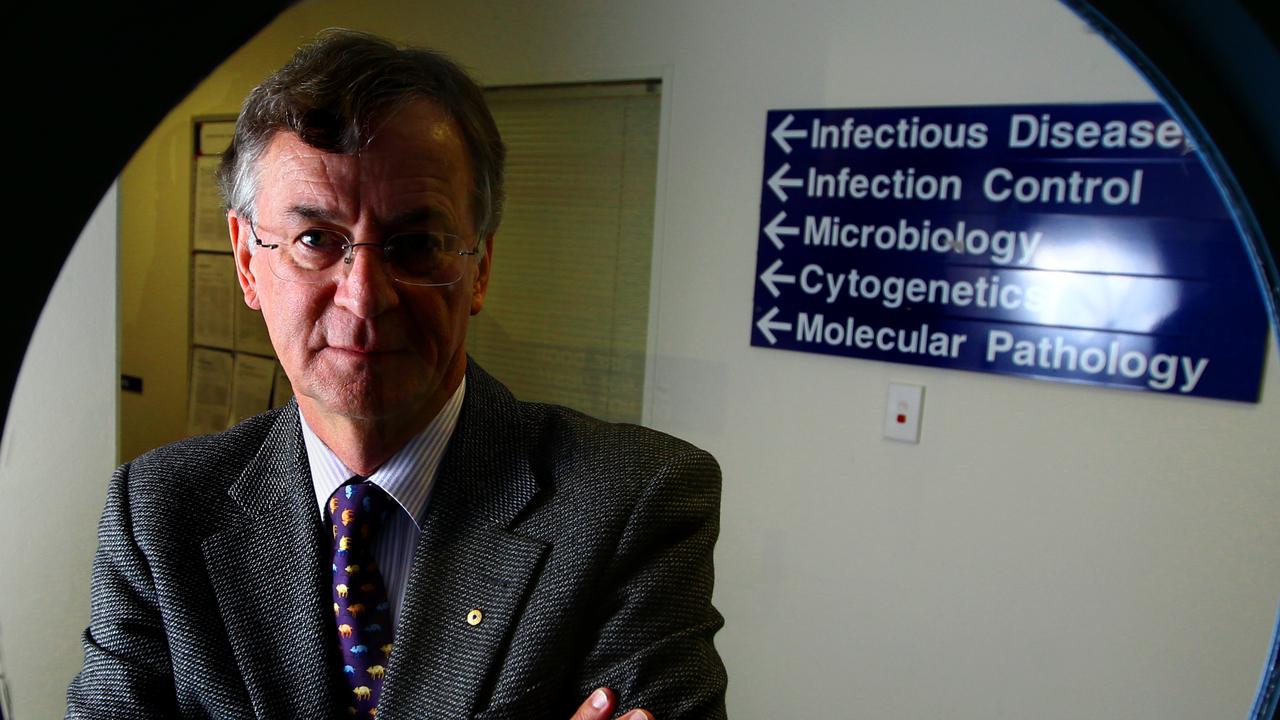
Vaccine expert Professor Paul Griffin said Australians should also prepare for having an annual Covid jab, possibly a single shot that prevents both Covid and the flu, to boost their protection against the virus.
“What’s really clear is even those that have received four or five doses so far, they’re not going to be protected for long,” Prof Griffin said.
From next week, Australians lining up for their third or fourth Covid booster are likely to be able to get a new bivalent jab that protects against the original strain plus the Omicron variant.
“It’s not being added as an additional dose. It’s a substitution for people that would have had a booster who will now have it available as an option,” Professor Griffin said.
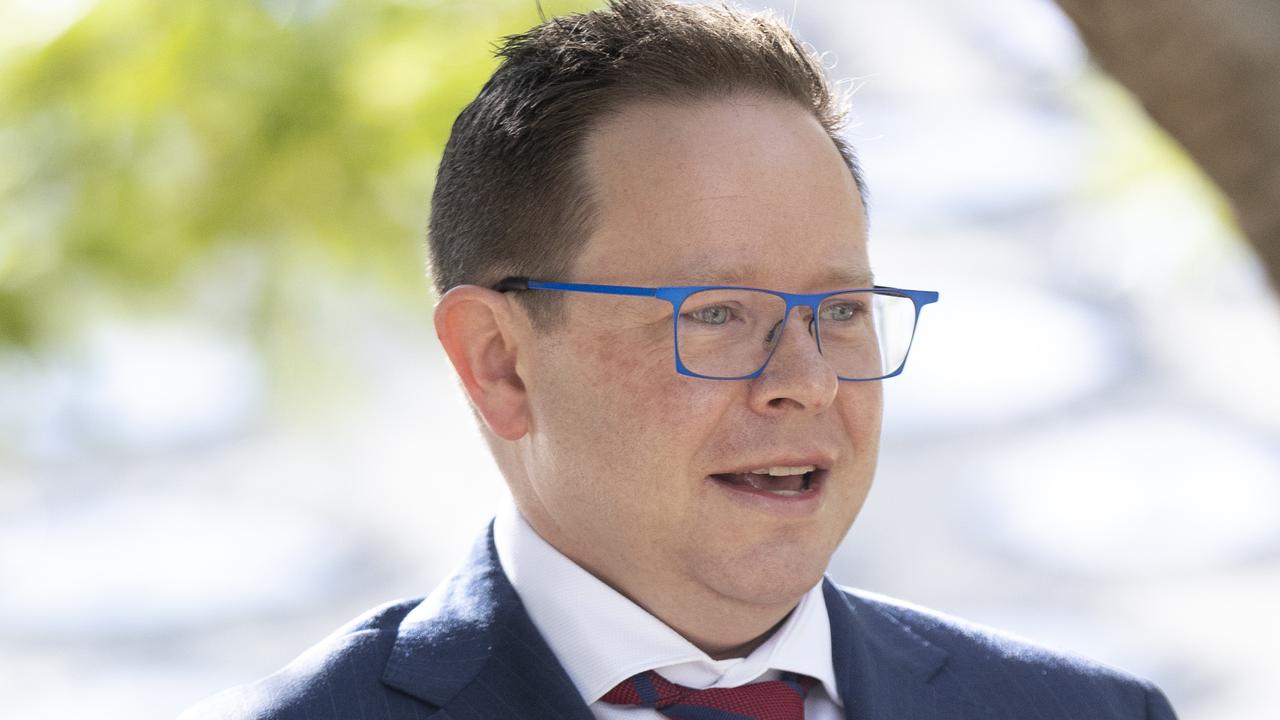
Both experts are urging governments to set up a program to supply all GP clinics with rapid desktop PCR testing machines.
These can test for Covid, influenza and RSV virus (a form of common cold) within 45 minutes and cost around $20,000 per machine.
Speedy test results are crucial to ensuring people with Covid get access to life saving treatments because they are only useful if given within the first five days of the illness.
“A lot of these things that appear expensive now are much cheaper with large scale use basically,” Prof Collignon said.
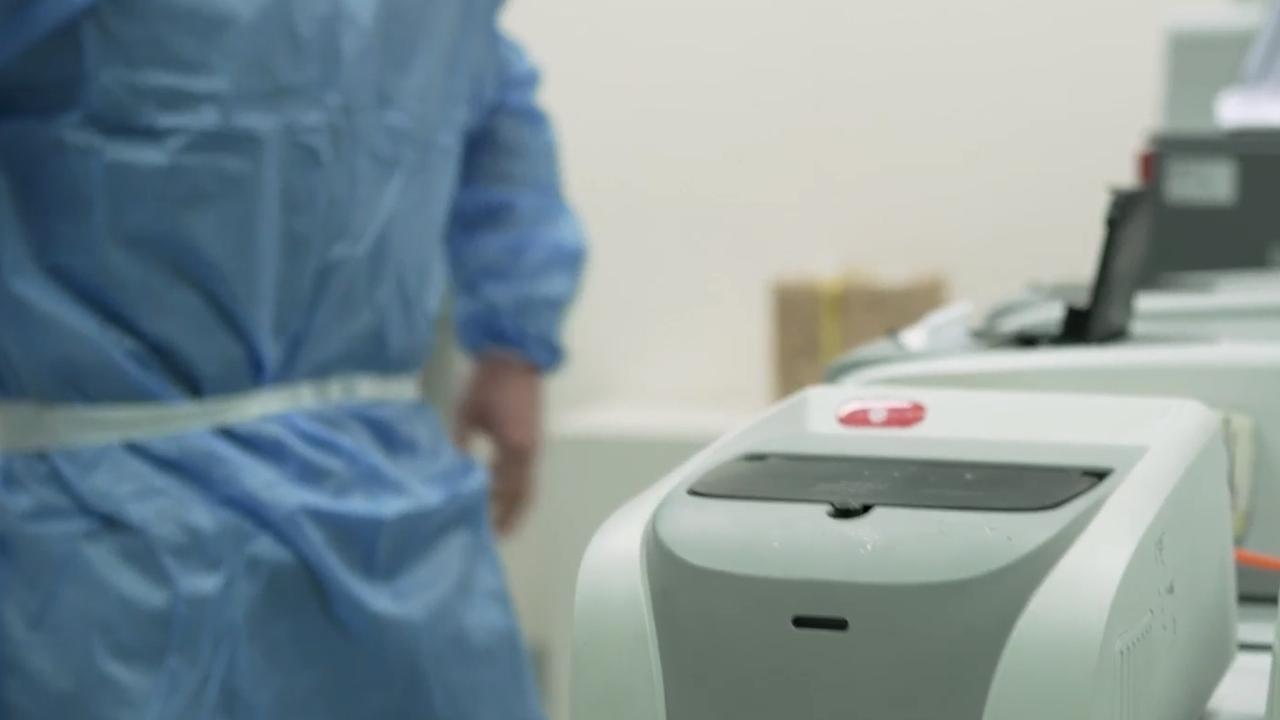
The World Health Organisation last month declared the end of the pandemic was in sight and from October 14 the last remaining Covid mandate – that infected people isolate for five days- will be lifted in Australia.
Since the pandemic began in 2020 it has taken the lives of more than 15,200 Australians including 12,919 so far this year, making it the nation’s third biggest killer after heart disease and dementia.
In the year to May there were 17 per cent more deaths reported in Australia than the five-year average, and in the first six months of this year there were 11,200 excess deaths the Institute of Actuaries reports.
The Institute estimates that half of the ‘excess deaths’ were due to COVID-19. A further 1,300 deaths were in people who died with COVID-19.
The working Group estimates that dementia will overtake ischaemic heart disease to be the leading cause of death in 2022 by a small margin.
It is estimated that worldwide more than 10.5 million children experienced the loss of one or both parents due to the pandemic and in the US the virus saw life expectancy drop by three years.
PROTECTING YOURSELF FROM COVID BEFORE TRAVEL
The last thing anybody wants is to catch Covid just before or during the early stages of their travel plans. Here’s what you can do to avoid ruining your trip.
How can I avoid catching COVID before a holiday?
While there is no sure-fire way of protecting yourself from Covid, there are a few lifestyle changes you can make to reduce the chances.
First and foremost, ensure your vaccinated. If you’re not, try to schedule those in. If you are, implementing a few changes to your day to day routine could lesson your risk of infection.
Avoid public transport if you can. If you can’t, opt to wear a mask, and wash your hands thoroughly when you hop off.
The same applies to childcare. If you can avoid it, do so, and if not, ensure proper hygiene takes place.
Ramp up your regular hygiene practices, wiping surfaces regularly and having hand sanitiser on hand at all times.
Always use a new disposable mask, and wash fabric masks after every use.
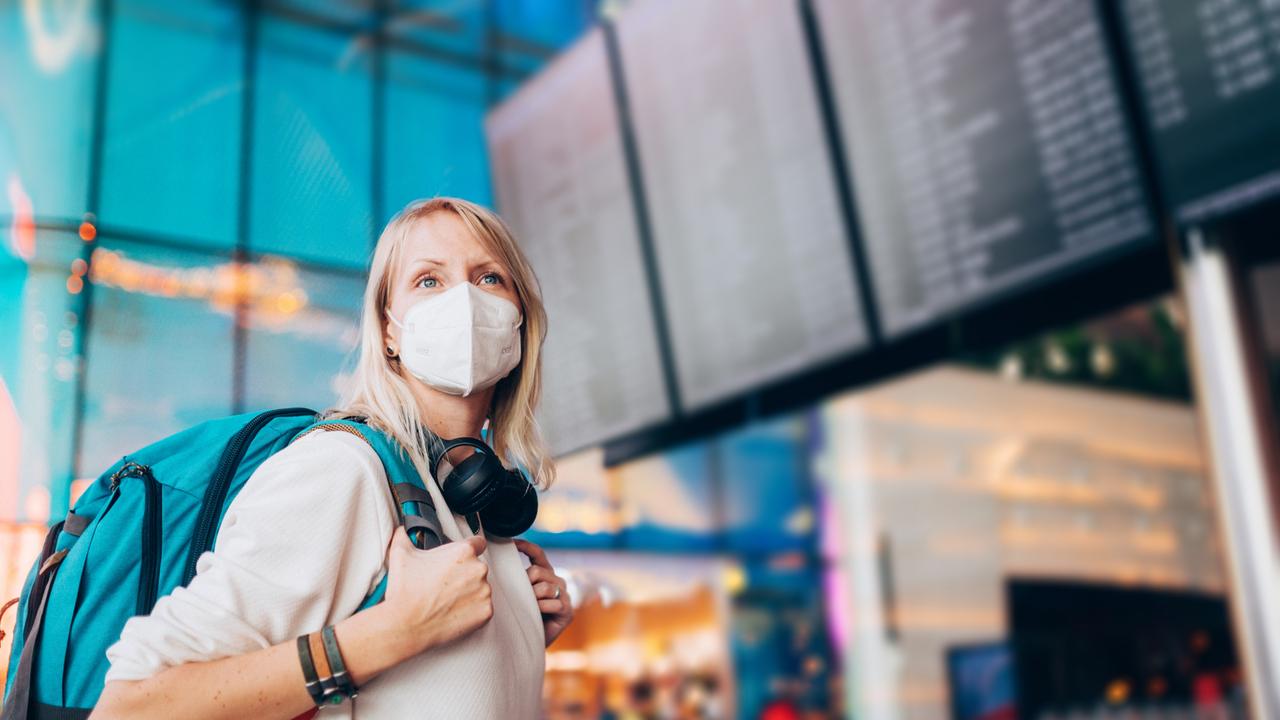
When am I most at risk?
The biggest risk factors, outside of mixing with an infected person, is spending time in poorly ventilated rooms.
Travelling during peak seasons can mean more people packed into public transport, in airports and on aeroplanes, so travelling in the low season is recommended.
If you’re travelling during busy times, wear a mask – even if it’s not compulsory – and increase your personal hygiene measures.
Keep hand sanitiser and antibacterial wipes on hand for when you use public bathrooms and other shared areas.
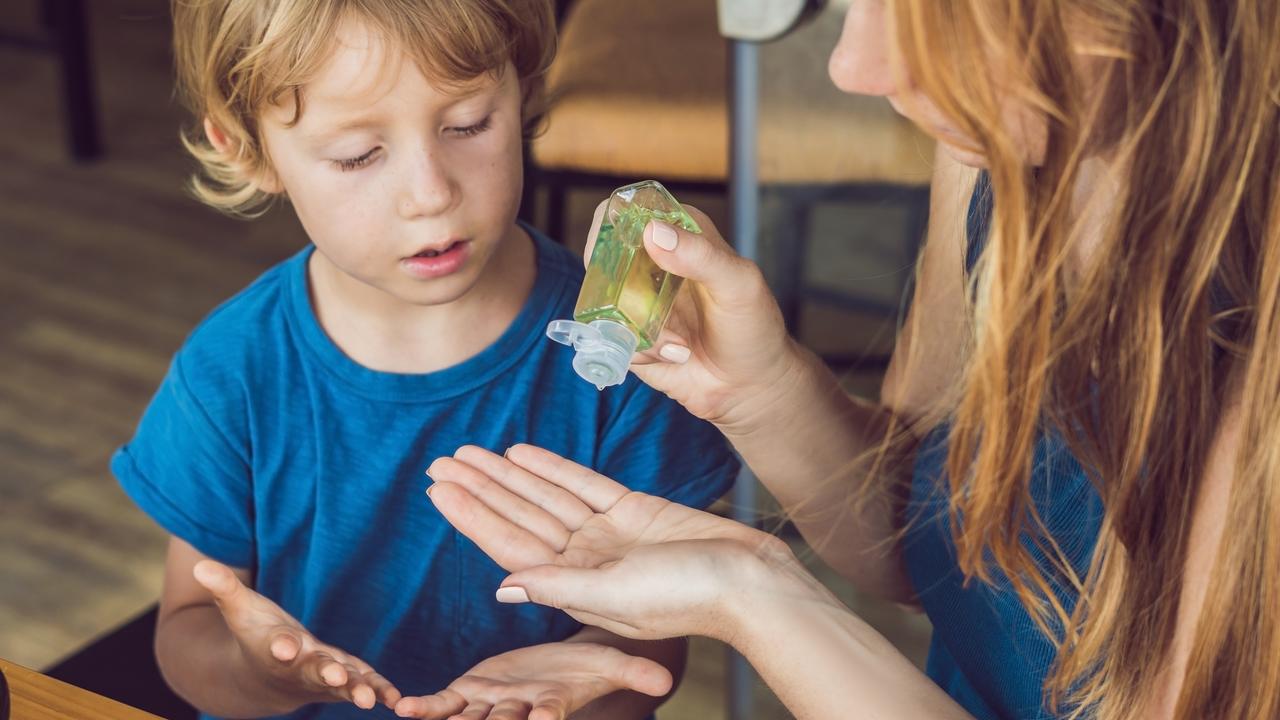
How early do I need to prepare?
The short answer is, as early as possible.
But at least 14 days prior to your treat is ideal. That’s because it can take up to 14 days for symptoms of Covid to begin to appear.
If you can start to prepare a month early, that’s even better, as it’ll allow time for any symptoms to show, and for you to recover before you head off.
More Coverage
Originally published as Experts reveal new ways to control Covid-19 when mandates end in Australia




